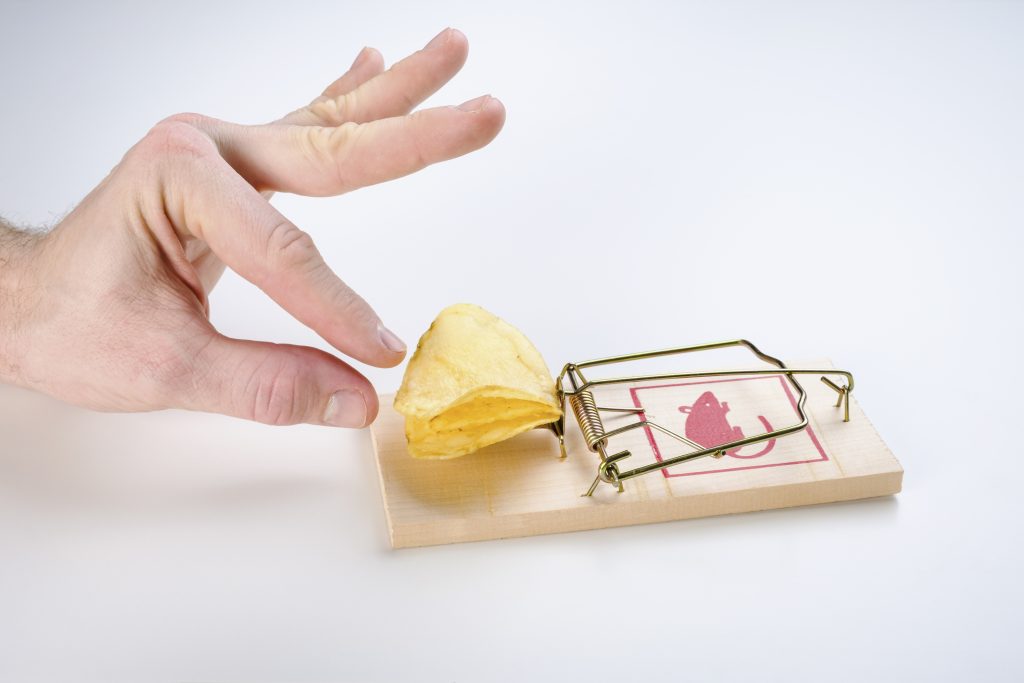
Writer
Kim Krieger
Kim Krieger has covered politics from Capitol Hill and energy commodities from the floor of the New York Mercantile Exchange. Her stories have exposed fraud in the California power markets and mathematical malfeasance in physics. And she knows what really goes on in the National Radio Quiet Zone. These days, Kim tells clear, compelling stories of the research at UConn. Her work connects Connecticut citizens and the press with the vast resources of their flagship public university. When not at UConn, she can be found kayaking among the beautiful Norwalk islands, digging in her garden, or occasionally enjoying the silence in the National Radio Quiet Zone.
Author Archive
Medicaid Expansion Reduces Cancer, Saves Black Lives
UConn and UNC researchers say expanding Medicaid would reduce the burden of colon cancer and save lives, especially among black men.
January 30, 2020 | Kim Krieger
Q&A: John Salamone On The ‘Dopamine Fasting’ Trend
UConn neuroscientist John Salamone explains why the trend of "dopamine fasting" may not add up to much.
January 20, 2020 | Kim Krieger
Buzzing Through the Blood-Brain Barrier
UConn researchers are developing technology that could make it easier to treat diseases of the brain, thanks to vibration.
December 30, 2019 | Kim Krieger
Ketogenic diet protects fruit fly brains from concussions
An experiment with fruit flies may hint at potential treatments to prevent brain damage after concussions.
December 23, 2019 | Kim Krieger
Micro-RNAs Keep Stem Cells From Growing Up Too Fast
UConn Health researchers believe they've solved a mystery that's long puzzled observers: what are so-called micro-RNAs for?
December 12, 2019 | Kim Krieger
Splicing factor to blame in triple negative breast cancer
Splicing factors, comparable to gene editors in our DNA, could hold the key to treating the worst type of breast cancer.
November 26, 2019 | Kim Krieger
Breaking CO2 faster, cheaper, and more efficiently
A new discovery could make it possible to economically turn carbon dioxide into fuels.
November 15, 2019 | Kim Krieger
In Connecticut, Drug Overdoses Doubled in Six Years
Cocaine, alcohol, heroin, methamphetamine, MDMA and other drugs are appearing on the toxicology reports of drug overdose victims, and often in combination, says UConn study.
October 29, 2019 | Kim Krieger
At UConn Health, the Breast Cancer Journey is Handled with Care
The breast team at UConn Health strives to guide each patient through every step of their individual path with an unmatched level of attention and comfort.
October 16, 2019 | Kim Krieger
App Endgame: Detect Dyslexia Earlier
The current so-called 'wait to fail' model in the U.S., causes many children to lose a significant amount of educational time. The new app may enable teachers to test children earlier.
October 7, 2019 | Kim Krieger









